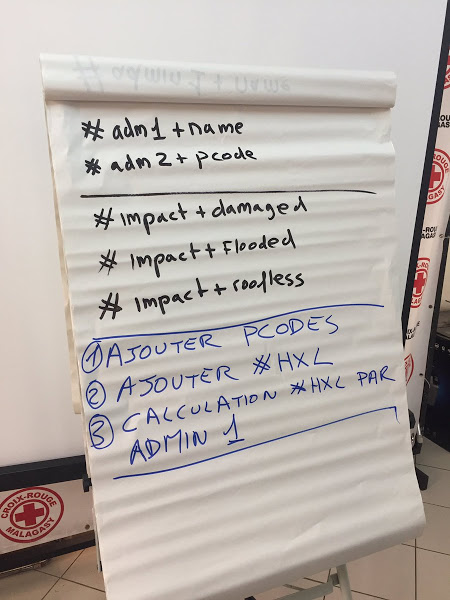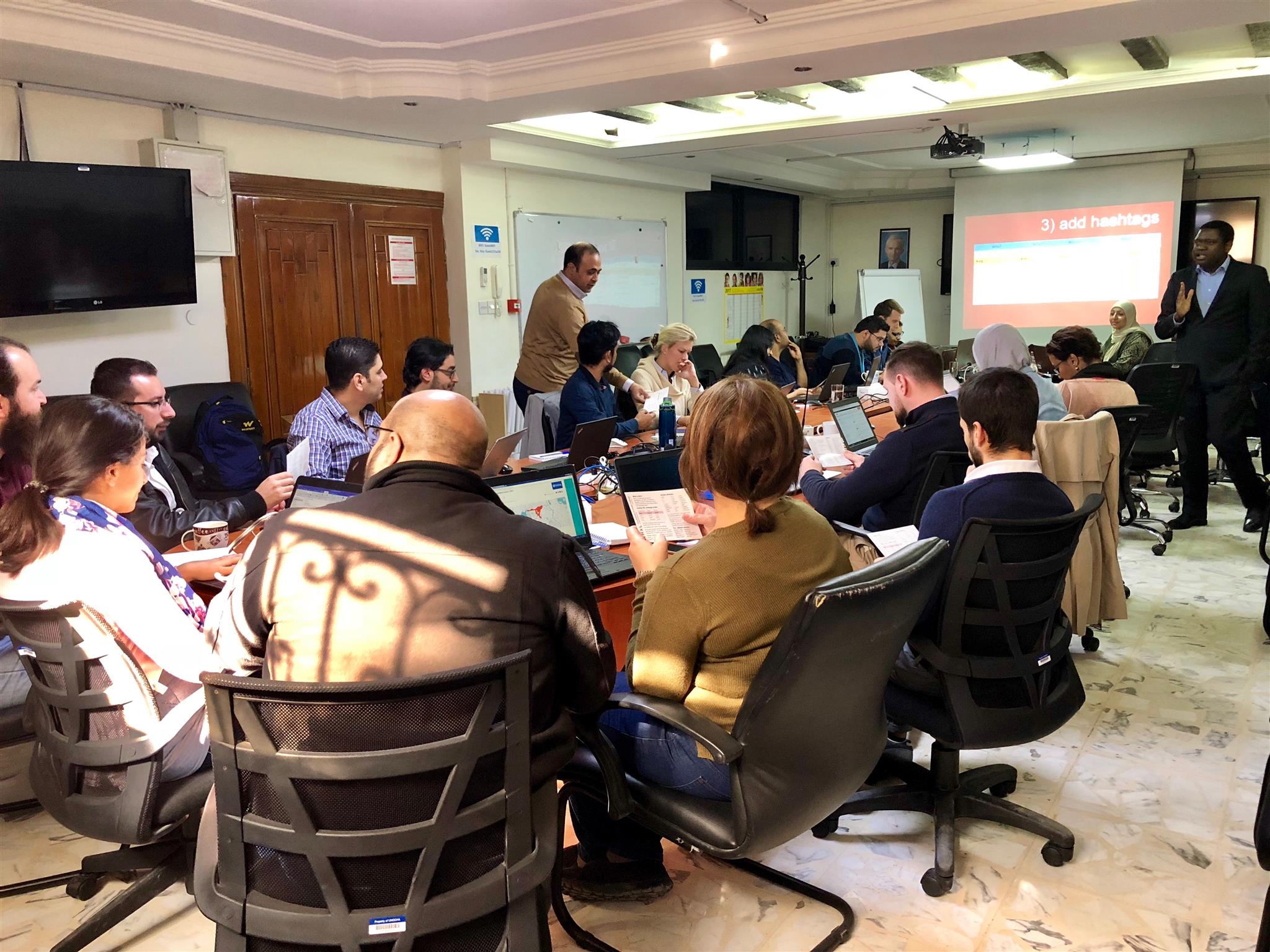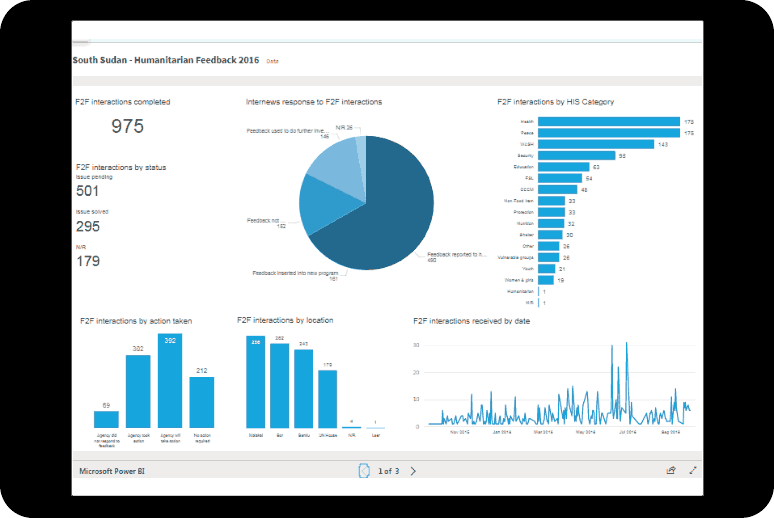Share
The HXL Working Group would like feedback on an updated version of the Humanitarian Exchange Language (HXL) standard, which uses hashtags like #affected and #activity in column headers to improve data quality and interoperability.
Since the original public release in 2015, 16 organisations have contributed funding and/or expertise to HXL’s development and 43 organisations have shared 1,104 public HXL-hashtagged datasets through the Humanitarian Data Exchange (HDX). In December 2017, UN Secretary-General António Guterres highlighted the value of HXL at the opening of OCHA’s Centre for Humanitarian Data, saying that “the promise of minimizing extra work by maximizing the value of shared information will find favour with our hardworking staff on the front lines.”
With the release of HXL 1.1 beta, we are improving the standard with new hashtags and attributes, especially for cash programming and surveys. For software developers building HXL support into their tools, this release also provides alternative JSON encodings for web applications and machine-readable datasets of hashtag, attribute and codelist definitions.

New HXL hashtags and attributes
The biggest changes in this release are for cash reporting. As part of the Grand Bargain, more than 30 of the biggest donors and aid providers agreed to increase the use of cash or a cash-equivalent during a crisis response. In collaboration with the Cash Learning Partnership (CaLP), the HXL Working Group has added several new core hashtags related to cash and financing: #value, #modality, #currency, #item, and #access.
This release also improves the ability to report on surveys of affected people, adding the hashtags #need and #service. Additionally, there is a new #respondee hashtag for use in private, raw survey data.
The attributes +origin and +dest—which the UN Refugee Agency (UNHCR) and others already use with geographical hashtags like #country—are now a formal part of the standard.
Also included are +ind and +hh to distinguish counts of individuals and households, and, +abducted, to extend the range of existing impact attributes such as +displaced, +idps, +refugees, +injured, +infected, and +killed.
A small change to language attributes adds “i_” before the language code (for “internationalisation”), so that +fr (French language) in HXL 1.0 becomes +i_fr in HXL 1.1.

JSON encodings for HXL
JavaScript Object Notation (JSON) is a popular data format among software developers, and frequently appears in data interfaces on the web. To support humanitarian organisations that are sharing humanitarian data in this way, HXL now supports two different types of JSON encodings. For the technically-oriented, here is a short example of one of the JSON encoding styles:
[{“#event+id”: 1,
“#affected+killed”: 1,
“#region”: “Mediterranean”,
“#date+reported”: “2015-11-05”,
“#geo+lat”: 36.891500,
“#geo+lon”: 27.287700},
{“#event+id”: 3,
“#affected+killed”: 1,
“#region”: “Central America incl. Mexico”,
“#date+reported”: “2015-11-05”,
“#geo+lat”: 15.956400,
“#geo+lon”: -93.663100}]
For more details, see the “JSON data” section of the HXL 1.1 beta specification.
Digital HXL resources
Starting with the HXL 1.1 beta release, machine-readable schemas define all HXL hashtags and attributes. Some humanitarian organisations already use these schemas to provide interactive help with HXL tagging, and they are freely available for all. The schema includes all items in the hashtag and attribute dictionary, as well as deprecated items, and hashtags and attributes that are still in the early proposal process.
This release also includes a master vocabulary list, to help data providers identify the code lists and controlled vocabularies they are using. For more information, see Attributes for controlled vocabularies in the HXL specification.
Finally, for quick reference of these hashtags and attributes, there is a new version of the popular HXL postcard.
What’s next?
We’re seeking feedback for a few weeks before finalising release 1.1. After that, we will start considering priorities for the following HXL release, including different governance structures to give individual clusters and organisations more flexibility in creating their own hashtags.
We would love to hear from you. Please send all feedback about HXL to the hxlproject@googlegroups.com mailing list, or send a tweet to @humdata with the hashtag #HXL.
